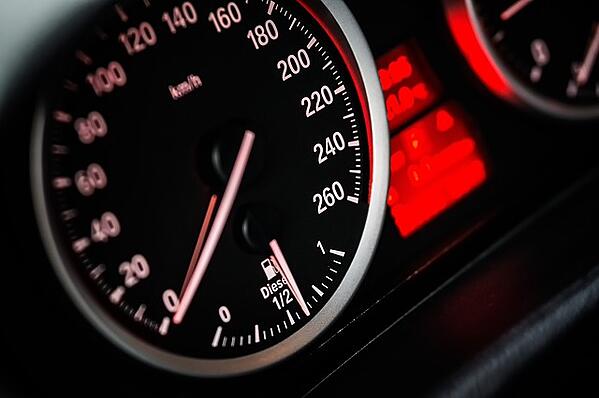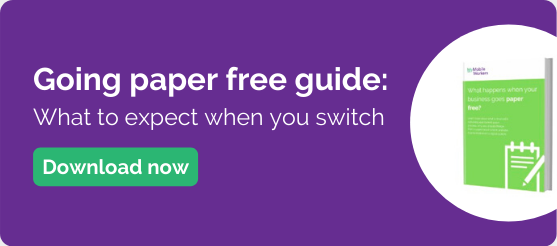A third of UK motorists say they’ve had to cut back on car usage due to the rising costs of motoring.
This is the finding of a study by insurance analysts, Consumer Intelligence, who found 34 percent of respondents were having to reduce their road travel.
The reasons given were a combination of rising fuel costs, insurance and road taxes. And motoring expenses are the second largest cost for SME businesses in the UK, beaten only by wages.
For companies providing mobile services, even the smallest of rises can be the difference between a profitable and loss making operation. And with the uncertainties caused by Brexit, there are uncertain times ahead for road users.

How to protect your business against rising motoring costs:
- Smarter route planning
- Phase out diesel
- Better maintenance
- Use digital documents
Smarter route planning
If your company is still routing and scheduling manually then a simple and effective way of reducing motoring costs is switching to an automated system. These use digital algorithms to work out the most efficient route and order schedule for any series of deliveries.
When global shipping company UPS introduced this kind of technology in 2008, it resulted in a 35 million mile annual reduction to delivery distances. While these kind of systems used to be prohibitively expensive, they are now affordable for companies of all sizes.
Phase out diesel
Not so long ago diesel was considered the cheaper and greener alternative to petrol - ideal for work vans and trucks. But as more evidence emerges about the harm caused by diesel emissions, the more authorities seem determined to phase it out with increased costs and fines.
A 2010 study of air pollution in London found that people’s lives were being reduced by 140,743 years - the equivalent of 9,416 lives lost. And London is just the latest city to look at ways of reducing diesel emissions with current proposals to introduce a £100 vehicle fine.
Better maintenance
Simple things like removing unnecessary weight and clutter from the back of vehicles is an effective way to reduce costs. And any kind of roof rack or roof bar can increase fuel consumption by as much as 30 percent when travelling at motorway speeds.
Tyre pressure is another area to check. Driving with under-inflated tyres isn’t just a safety hazard, it has been shown to add around 10 percent to fuel costs.
Use digital documents
Journeys to offices and depots to pick-up and drop off paperwork is one area to target. By using cloud-based digital applications and documentation, there’s no longer any need for paperwork to be physically transported.
A digital workforce management system uses a smartphone app to provide all of the information a worker needs to get their jobs done. Any information they collect is instantly accessible at head office, significantly reducing fuel costs and improving mobile workforce productivity.
So there are simple and effective ways your business can protect itself against the uncertainty of motoring costs. By minimising fuel costs and streamlining operations, you’re best placed to handle any fluctuations.


